Mask On, Mask Off
A Complete Guide to Face Masks
Facemasks become the new normal worldwide as we battle the COVID-19 pandemic
As COVID-19 takes the world by a storm, many are left wondering the most effective way to protect themselves and their loved ones from the virus. One method in particular has become the “new normal” for countries across the globe: wearing face masks.
Back in March, the World Health Organization (WHO) initially advised the general public against wearing a mask, fearing the ongoing shortage of masks could harm those who needed it most: health care workers.
As any science-focused institution would, WHO revised its guidelines based on emerging scientific data. Director General Tedros Adhanom Ghebreyesus explained, “WHO advises that governments should encourage the general public to wear masks where there is widespread transmission and physical distancing is difficult, such as on public transport, in shops or in other confined or crowded environments.”
Recent studies found those who are asymptomatic (meaning they have COVID-19 but do not exhibit any symptoms) can still spread the disease through droplets, tiny particles released in the air any time someone talks, coughs, or sneezes. These droplets, which contain harmful microbes, can linger in the air or on surfaces for extended periods of time, thereby spreading the virus to others.
That’s where face masks come in. So long as the nose and mouth are covered, face masks effectively act as a “shield”, preventing the droplets from getting from one person to another.
It’s worth noting that face masks simply reduce the risk that someone who is asymptomatic will spread the virus through their droplets; masks don’t entirely eliminate said risk. But considering nearly all evidence points to droplets as the primary mode of transmission for COVID-19, face masks are critical in preventing the spread of the disease.
Many health institutions recommend certain face masks over others. Valved masks, for instance, can actually do more harm than good. A person wearing a valved mask releases droplets whenever they exhale, rendering this type of mask ineffective.
On the other hand, N-95 masks are best suited for health care workers and their needs. This is the only kind of mask that prevents the wearer from catching and spreading the disease.
Surgical masks (the blue, multi-layered ones) and cloth masks, which are recommended for the general population, primarily reduce the spreading of the disease, but are not as effective as the N-95 mask in protecting the wearer.
Therefore, if the vast majority of people wear surgical or cloth masks, this will greatly reduce the spreading of the disease, and still reserve the N-95 masks for those who directly care for patients and are at the highest risk of contracting COVID-19.
The bottom line: wearing a face mask (and the correct kind) can greatly reduce the transmission of COVID-19. That being said, face masks alone will not stop the spread of the virus. They must be used in tandem with other methods to maximally reduce the risk of catching the disease.
Frequent hand washing, social distancing, not touching one’s eyes or mouth, limiting outside interactions, avoiding close contact with those who are ill, covering one’s mouth and nose when sneezing or coughing, staying home when sick, and similar measures are just as important as face masks. The more people follow these precautions, the sooner the pandemic can come to an end. And, hopefully, the sooner life can return to “normal.”
For more updates on the COVID-19 pandemic, visit the World Health Organization’s Dashboard or the Center for Disease Control’s Coronavirus Page.
-logo-who.png?sfvrsn=b15e3742_16)
.png?sfvrsn=cb3153cf_11)
Infographics Courtesy of WHO

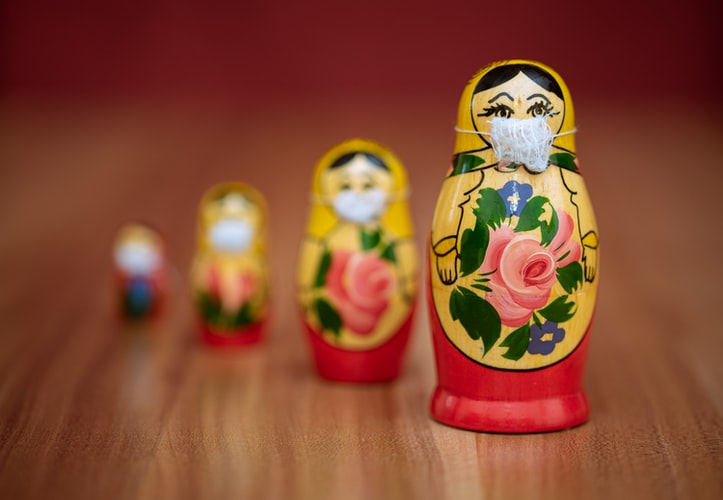


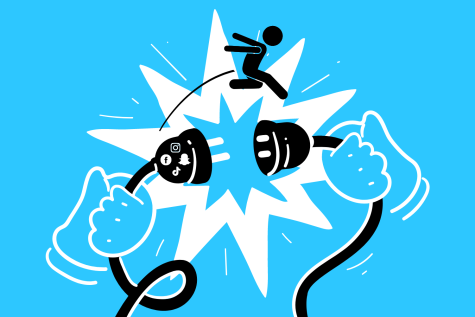

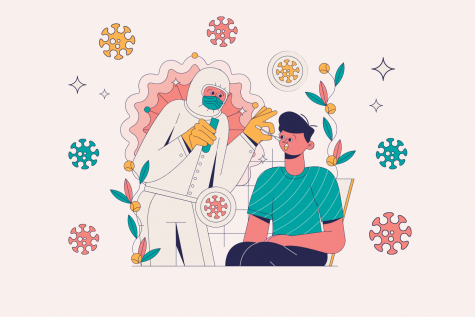


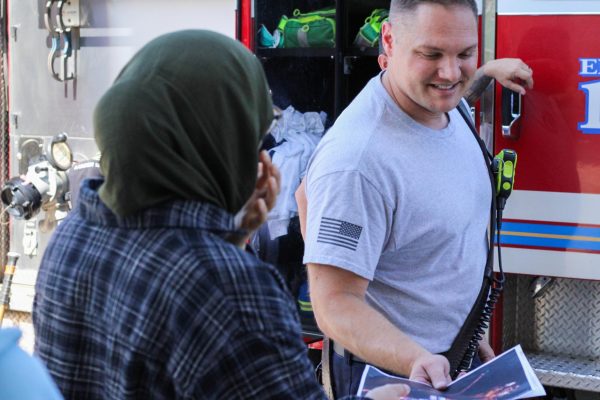

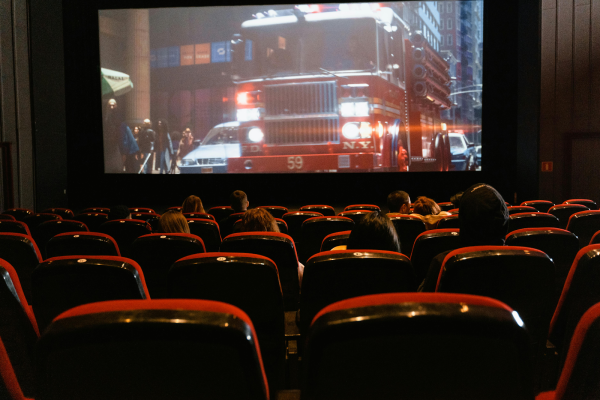
Adam • May 21, 2021 at 3:18 pm
Very informative and it’s crazy to think how many people are opposed to mask wearing.
Safia Khan • Sep 14, 2020 at 5:20 pm
I love your article! It is so informative and helpful.
David Anderson • Aug 14, 2020 at 11:03 am
Zaynab! Thanks for this extremely informative and helpful article. I like the explanation of why the WHO didn’t advise mask wearing at first. I did not realize that. I’m looking forward to your next article.
B Thelen • Aug 13, 2020 at 10:32 am
Thanks for the information, Zaynab. Like many Hornets, I’m apprehensive about wearing a mask all day, every day. But your article helped me see how wearing a mask will help me keep others safe.